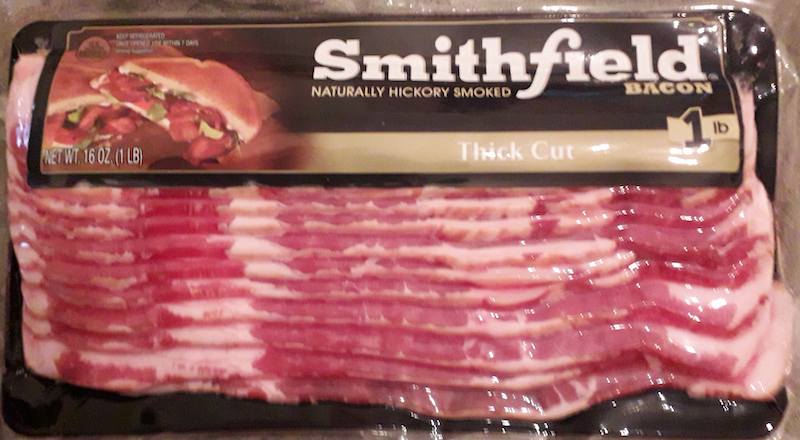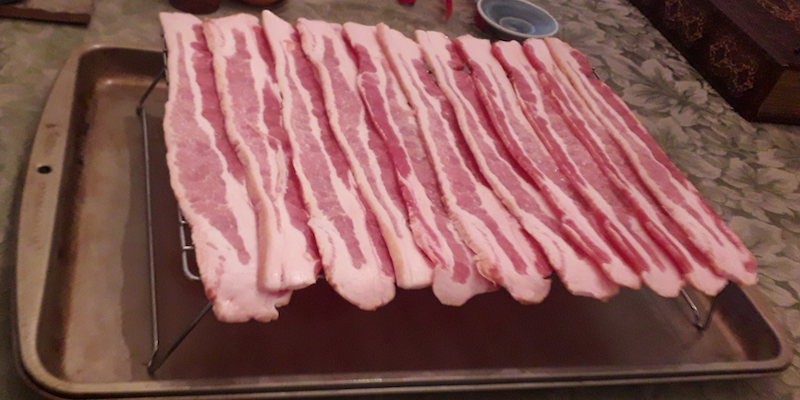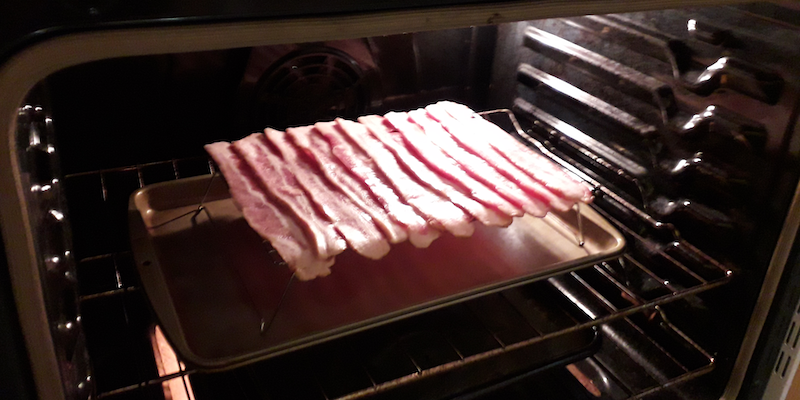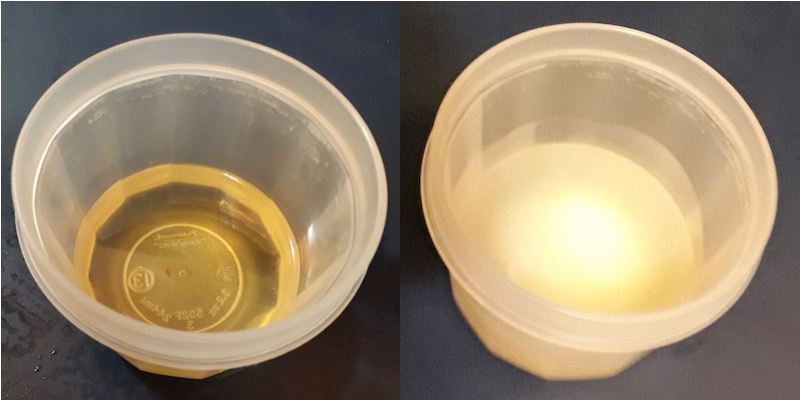It’s been two years since I started my two-year contract as a visiting scientist here in Germany, so I will be leaving soon. I have mixed feelings about this, but ultimately my family situation would have made it very difficult for me to continue with another contract, although I would have welcomed one. I would have preferred that my wife move here with me permanently, with occasional trips back to the US, but her friends and family are almost all in the US, and she has the opposite of social anxiety – she would do much worse “all alone” here than I have. The second-best solution, for her to spend half her time here, likely wouldn’t have worked either, due to various additional life complications that needn’t be related here. Finally, when I visited the US over Christmas, I realized that I hadn’t realized how much I missed various aspects of life with family and friends. Once I had self-quarantined and tested negative, I was within my “pod”, which I haven’t had in Germany. One major pleasure was the fact that the ingredients I most like to cook with were easily available in a way they are not in Germany. I gained substantial weight, more than half of which probably came from dishes that I didn’t really have the wherewithal to easily put together here.
As much as I love living in what I judge to be a much more civilized locale – I really do have almost entirely positive feelings for the local Germany-Netherlands-Belgium region – the day-to-day difficulties of language, combined with my already-blogged-about social anxiety and other weaknesses, do leave me feeling quite lonely and adrift. I certainly can live with that to some extent; as a loner-nerd some aspects of Covid-19 lockdown feel like they were made for me, although I would guess that most self-described loners no longer quite feel as much at-one with their asociality as they may have at the beginning of the pandemic. Returning to Germany after Christmas this year felt much less like coming home than it did last year (in fact, it was a slog I may blog about some day). Now that my fate is sealed, part of me can’t wait to finish tying things up here and getting back to Baltimore. Another part, of course, wishes I could have the best of both worlds. If I were wealthy, I could maintain my apartment here and simply use it as a base for annual travel.
Ultimately, I feel this is a positive development, or I can create that impression in my mind, or at least it’s not totally negative (as I said, I have mixed feelings; perhaps in some language there is a word that means “mixed, weird, mostly positive but with some negative, feelings” (Seltsamgutschlechtgefühl?)). I think my effectiveness at my chosen humanitarian effort was hampered by a mismatch between my abilities and responsibilities. Fortunately, I have some current projects ongoing that I will be able to increase my involvement with, and I am developing a specific project that I think I will be able to pull off, even with my acknowledged deficiencies. I think there is a good chance that here in Germany I have “seeded” a project that will be ongoing, which was at least my minimum goal, and I have learned (or confirmed) much about myself. My German, while still terrible, is much improved. I can often get the gist of paragraphs that I read. When listening to news in slow German I often understand many of the words, and sometimes recognize words that I know I don’t know the meaning of. I hope to continue my German studies: it will help keep my brain more plastic, which is desirable; I will not be giving up on the German studies I began in high school and briefly continued in college, giving me a sense of fulfillment; I hope my wife and I will be able to again indulge in our every-few-years European travel, likely with some part of that in Germany.















